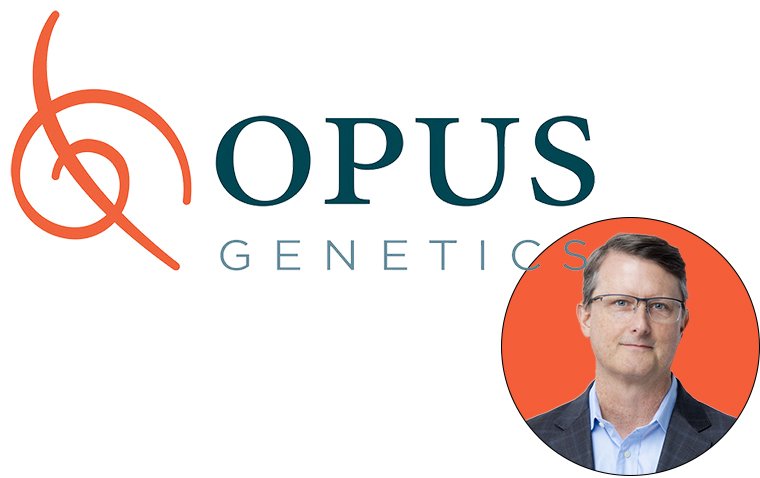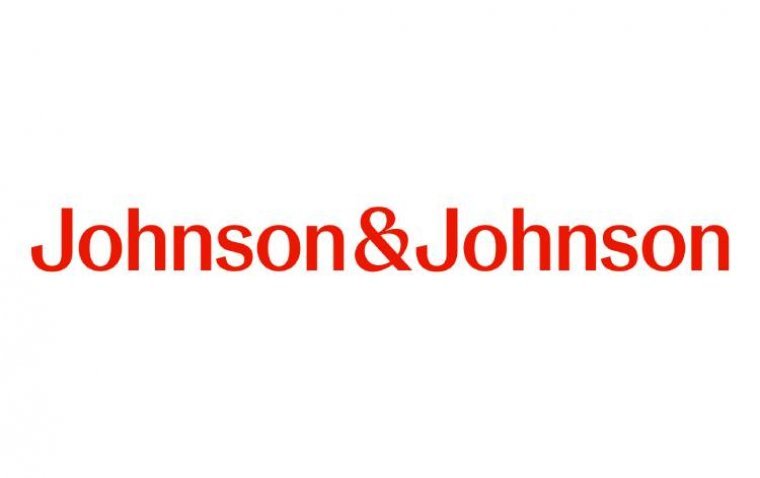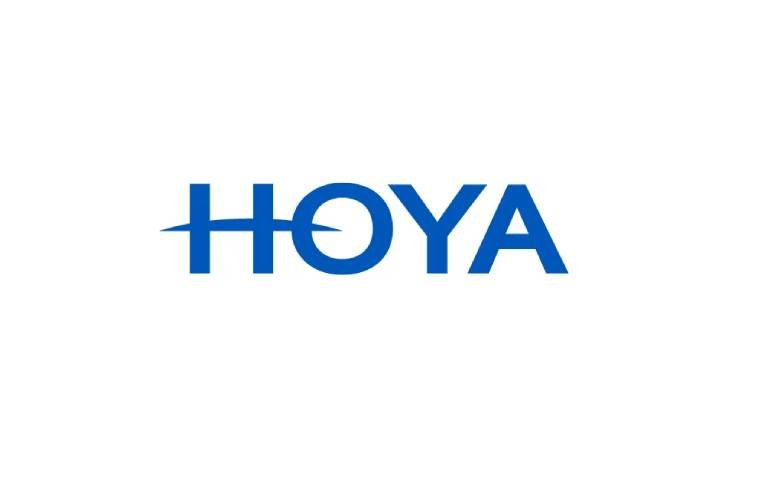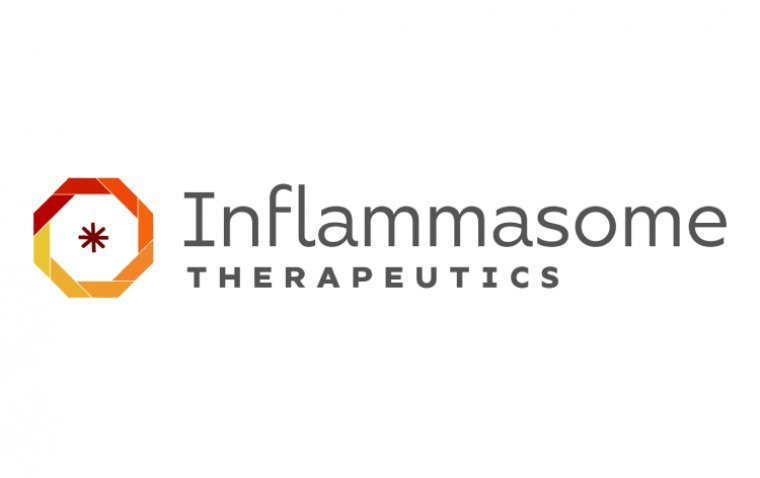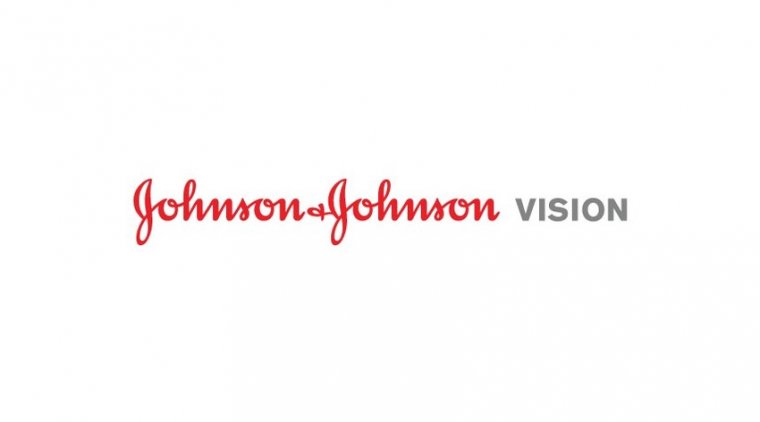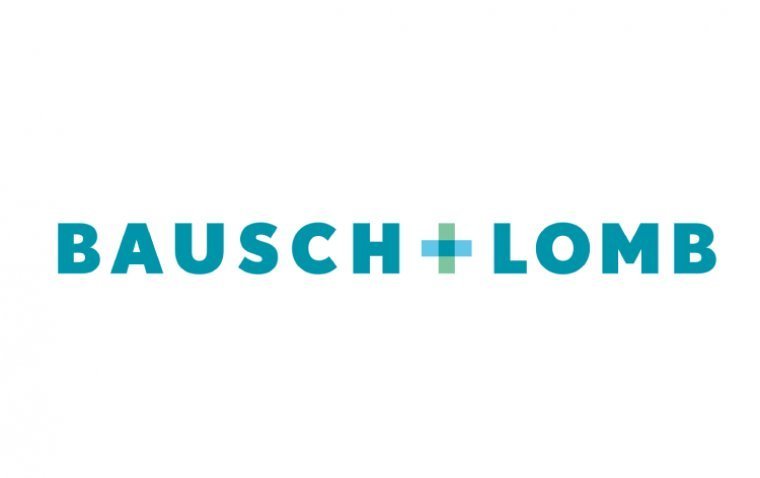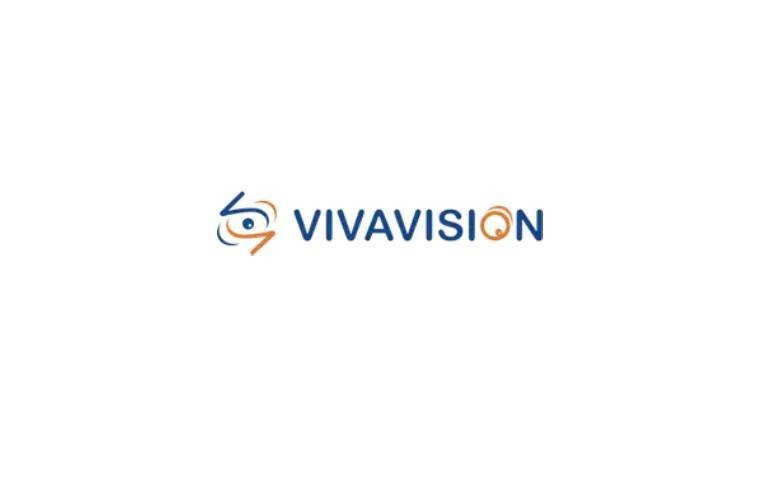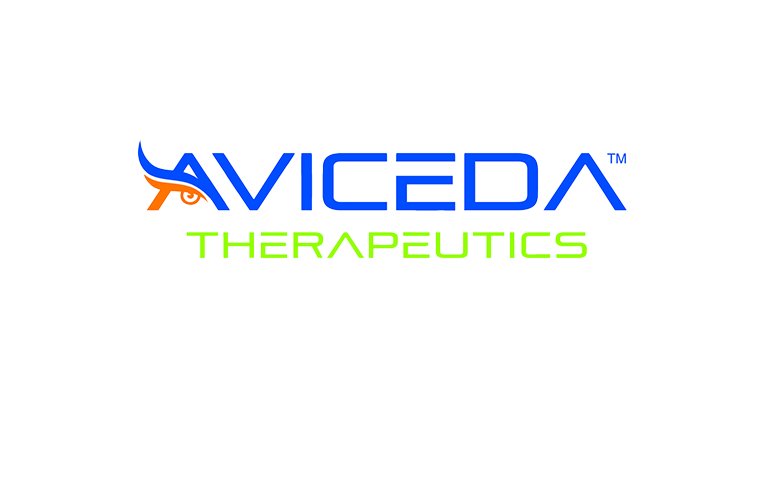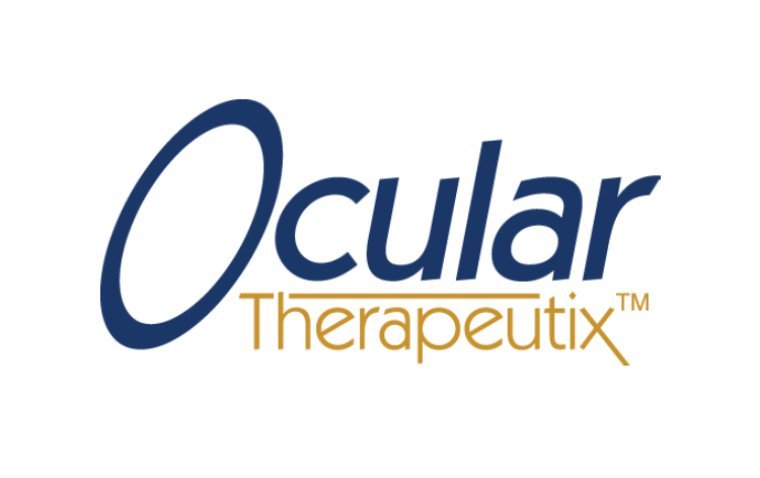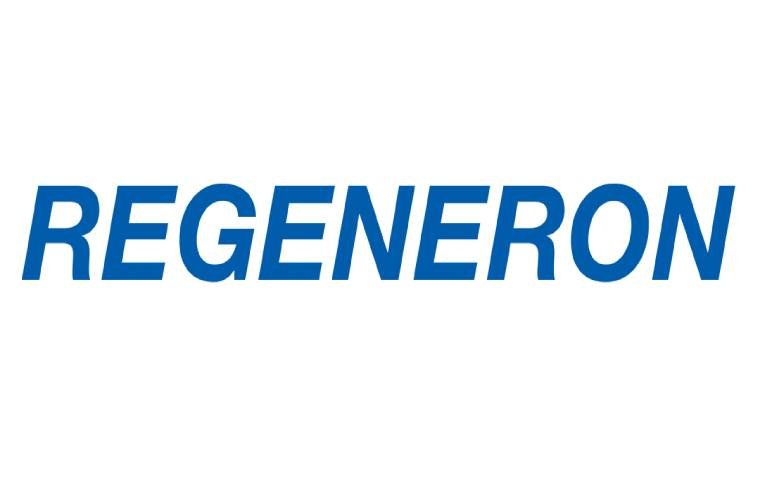
Regeneron’s Aflibercept 8mg Injection Meets Primary Endpoint in Phase 3 QUASAR Trial for Retinal Vein Occlusion
Regeneron Pharmaceuticals has announced that its Phase 3 QUASAR trial evaluating EYLEA HD (aflibercept 8 mg) has met its primary endpoint, marking a significant advancement in the treatment of retinal vein occlusion (RVO).
About the QUASAR Trial
The QUASAR trial is a global, double-masked, active-controlled Phase 3 study comparing the efficacy and safety of EYLEA HD with standard EYLEA (aflibercept 2 mg) in patients with RVO, including:
• Central retinal vein occlusion (CRVO)
• Branch retinal vein occlusion (BRVO)
• Hemiretinal vein occlusion (HRVO)
Dosing Regimens:
• EYLEA HD: Administered every 8 weeks after an initial loading dose of 3 or 5 monthly injections.
• EYLEA: Administered every 4 weeks throughout the study period.
Primary Endpoint Achieved
The trial's primary endpoint was the mean change in best corrected visual acuity (BCVA) from randomization through week 36, measured using the Early Treatment Diabetic Retinopathy Study (ETDRS) letter score.
Key Findings:
• BCVA Improvement:
- EYLEA (4-week dosing): 17.8 letters (n=301).
- EYLEA HD (8-week dosing):
• 17.0 letters with 3 initial monthly doses (n=293).
• 19.1 letters with 5 initial monthly doses (n=298).
• Mean BCVA at 36 Weeks:
- EYLEA: 72.0 letters.
- EYLEA HD:
• 72.8 letters (3 monthly doses).
• 74.6 letters (5 monthly doses).
Consistent Results Across RVO Types
The efficacy of EYLEA HD was consistent across patients with BRVO, CRVO, and HRVO.
Reduced Treatment Burden
Dr. Seenu M. Hariprasad, Chair of Ophthalmology and Visual Science at The University of Chicago, highlighted the potential impact of EYLEA HD:
“All currently FDA-approved anti-VEGF therapies for retinal vein occlusion require monthly dosing, which can be burdensome for a patient. These impressive data demonstrated that EYLEA HD patients experienced improved vision with fewer injections, with about 90% maintaining 8-week dosing intervals through 36 weeks.”
Safety Profile
The safety profile of EYLEA HD (n=591) was comparable to that of EYLEA (n=301) and consistent with the known safety data from previous pivotal trials.
Regeneron’s Vision for EYLEA HD
Dr. George D. Yancopoulos, Regeneron’s Board Co-chair, President, and Chief Scientific Officer, shared the broader implications of these results:
“EYLEA HD has already made a significant impact on wet AMD, diabetic macular edema, and diabetic retinopathy. Now, it has the potential to substantially reduce the treatment burden for patients with retinal vein occlusion.”
Next Steps
Regeneron plans to submit these data to the U.S. Food and Drug Administration (FDA) in the first quarter of 2025 and will engage with global regulatory authorities to bring this treatment to more patients.
Conclusion
The QUASAR trial underscores the potential of EYLEA HD to improve visual outcomes while reducing the treatment burden for patients with retinal vein occlusion. With consistent efficacy across RVO subtypes and a favorable safety profile, EYLEA HD represents a significant step forward in retinal care.
(1).jpg)
